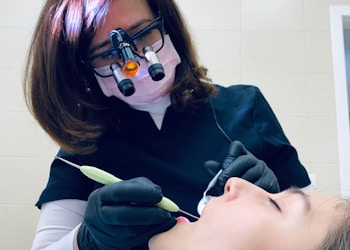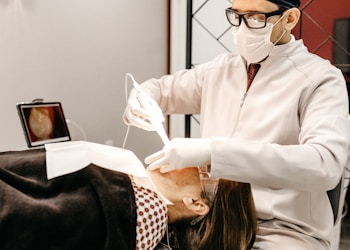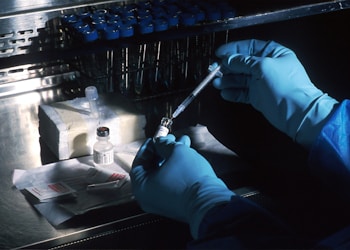If you or a loved one is struggling with addiction, you may be looking for effective treatment strategies for a complete and lasting recovery. Here we check out some alternative addiction treatment methods in 2021.
Addiction is a severe public health concern characterized by an intense, uncontrollable desire for a particular substance or drug even when such use can adversely affect the individual. Addiction affects not just the individual’s physical and mental health, but it also impacts social health and life as a whole.
Addiction treatment aims to limit or stop the dependence on this substance and guide the person towards full recovery and rehabilitation. Using proven treatment options gives a more significant opportunity to improve the individual’s health and ensure a drug-free lifestyle.
According to the Substance Abuse and Mental Health Services Administration (SAMHSA), 41.1 million Americans require addiction treatment in 2020. Of these numbers, around 2.7 million individuals receive pharmacotherapy, behavioral therapy, and a combination of medications and behavioral therapy. Typically, these patients receive addiction treatment at a specialty facility.
Unfortunately, addiction is a chronic condition that can go on a cycle of remission, recovery, and relapse. Due to the complexity of this health condition, there is no one-size-fits-all approach when it comes to addiction treatment. Hence, it is not uncommon for people struggling with their drug-seeking behaviors to seek alternative treatment strategies to improve their mental health and ensure long-term recovery.
Here are some alternative addiction treatment programs and therapies you can explore.
Hypnosis
Hypnosis is an alternative addiction treatment that promotes relaxation and reduces cravings. A trained hypnotherapist assists you during recovery. Hypnosis is often used as an adjunctive therapy and instills the belief that you can overcome the addiction behaviors.
Mindfulness-based therapies
Most people who struggle with addiction feel hopeless, and they think that they cannot get out of their situation. Mindfulness teaches these patients a new perspective on their condition. It aims to reduce cravings and prevent withdrawal symptoms. When mindfulness is instilled into the individual’s life, it significantly reduces stress and improves the chances of full recovery.
Qigong
This alternative therapy is associated with mindfulness. Qigong combines several therapeutic approaches, such as mental focus, breathing techniques, and choreographed postures. With Qigong, mindfulness is coupled with slow, controlled movements. The participants also engage in guided imagery and positive visualization that restores health.
Ibogaine treatment
Derived from a Western African shrub called iboga, ibogaine is a psychedelic compound used to prevent cravings and withdrawal symptoms. Anecdotal evidence points to the benefits of ibogaine treatment for drug cessation programs, and the compound adjusts brain chemistry to prevent intense withdrawal symptoms. However, ibogaine hasn’t been approved by the US Federal Drug Administration (FDA) and is classified as a Schedule I drug in the US. Individuals who want to try this alternative treatment method go abroad in jurisdictions where ibogaine treatment centers legally operate, like Mexico.
Nutrition education
Nutritional imbalance is one of the significant adverse effects of addiction. Nutrition education aims to restore essential minerals and vitamins of the body, and it teaches the patient the importance of a healthy diet in the fight against substance abuse. The early stages of the withdrawal process can be accompanied by stomach symptoms, such as nausea, vomiting, upset stomach, abdominal cramps, and diarrhea. Correcting these nutritional deficiencies can help the patient recover faster and avoid potential relapse.
Biofeedback
Prolonged dependence on addictive substances can result in anxiety, anger, stress, and tension. In turn, these psychological symptoms can produce physiological changes. Biofeedback, particularly neurofeedback, helps participants gain control over their brainwaves.
During a biofeedback session, an electroencephalogram (EEG) machine monitors the changes in the patient’s brain waves. The patient is asked to visualize different scenarios, which help the therapist understand various reactions. Neurofeedback therapy is thought to prevent drug relapse.
Final Thoughts
Just like conventional addiction treatment programs, alternative addiction treatment methods are not a one-size-fits-all strategy. It may have worked for some patients but does not guarantee it will work for everyone. Hence, it is essential to understand every therapy. Some people try more than one therapy to determine what treatment works best in their case. Better yet, when used alongside conventional treatments, patients can experience long-term success.
Overall, these addiction programs are aimed to restore physical well-being, build life coping mechanisms and life skills, and give hope to people struggling with this condition.
















